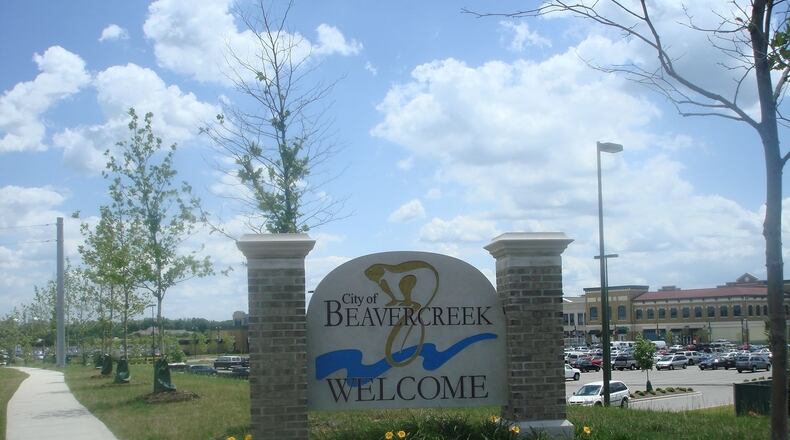“This is an important piece of legislation,” said council member Pete Bales. “It shows that we’ve listened to our constituents after the last election, went back to the drawing board, and have decided to really reduce property tax, and that helps our community greatly.”
Beavercreek currently relies on property taxes for nearly half its income. The city is one of only a few statewide that do not levy an income tax, according to state records. Nearby, Kettering, Xenia, Fairborn and Huber Heights all have city income taxes of 2% or 2.25%.
The 1% tax would generate up to $18 million a year from individuals who work in Beavercreek, according to City Manager Pete Landrum. The tax would help fund the city’s $200 million infrastructure backlog, which currently has no dedicated funding source, and it would fund hiring five new police officers and five public service workers.
Multiple members of council cited the importance of increasing the number of police officers in Beavercreek’s force. The city’s population has grown by almost 23% in the past 25 years, but has only added four officers to the force, council member Tiffany Schwartz said.
“Our police department does a phenomenal job, but they deserve the help,” she said.
Beavercreek’s income tax measure includes a 100% credit for taxes paid to other cities. That means a resident who works in another city that has a tax rate equal to or higher than Beavercreek’s would not also pay income tax to Beavercreek. In Ohio, people pay income tax to the city where they work before their city of residence.
Bales said that the vast majority of people who would be affected by the income tax are not Beavercreek residents, citing census data that indicated 23,365 people work in Beavercreek but live elsewhere. Just shy of 16,000 people live in Beavercreek but work in other cities, and 2,958 people both live and work in Beavercreek.
“No one enjoys asking people for new money,” Mayor Bob Stone said. “It is our role and responsibility to fund our city and to fund the things that the state mandates, and to fund the things that the citizens desire.”
Most recently, in November 2020, a Beavercreek city income tax levy failed, with about 52% voting against it. In 2013, a request failed when 61% voted against it.
About the Author

